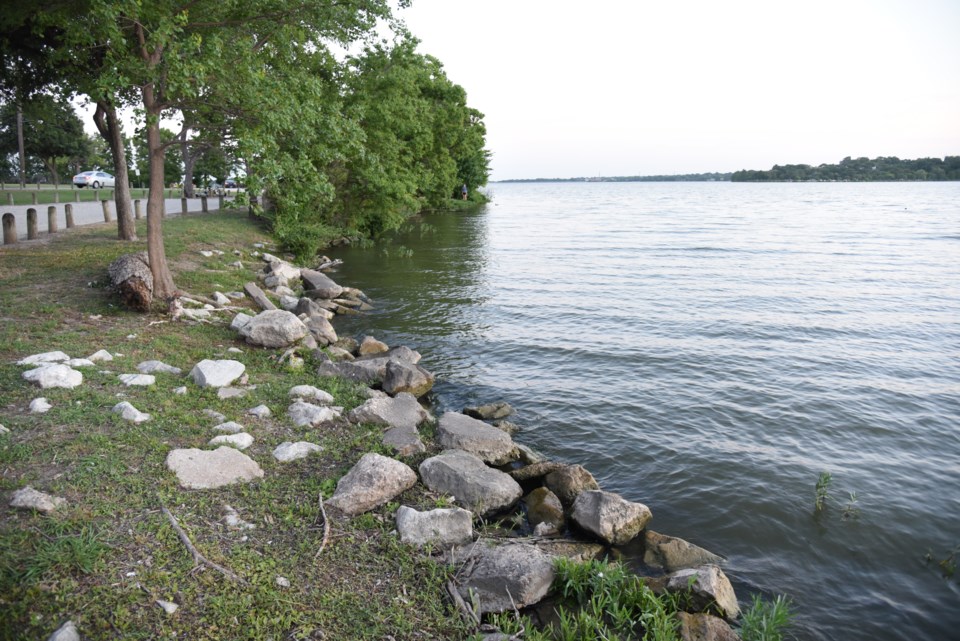Following a sanitary sewer in Plano, the city of Dallas recently revealed that test results showed bacterial levels (measured as E. coli in water) in White Rock Lake and White Rock Creek were above normal.
The problem began on March 14, 2024, with a lift station issue managed by the North Texas Municipal Water District. A sanitary sewer manhole overflow near 5510 W. Plano Pkwy, close to White Rock Creek, was attributed to a pump and motor malfunction at the water district facility. The estimated overflow volume exceeded 1.5 million gallons, discharging into White Rock Creek.
“From our end, no additional monitoring or cleanup is needed,” Plano Director of Media Relations Steve Stoler previously told Local Profile. “We spoke with the city of Dallas and provided them an update as well. They didn’t observe any fish kills or other impacts.”
But on March 19, Dallas Parks took the precautionary measure of suspending water-related activities at White Rock Lake Park.
In the interest of public safety, park officials strongly advised residents and visitors against fishing or entering the water due to heightened bacterial levels detected in both the creek and lake waters. Recreational boating, as well as activities by rowing and yacht clubs, will also be halted until further notice.
Dallas Water Utilities (DWU) conducted ongoing sampling for bacteria over the last week. These samples will undergo analysis in the lab to monitor bacterial levels and ensure they are within acceptable ranges. The most recent samples indicate a decrease in bacterial levels compared to the initial stages of the incident, signaling progress toward normalization.
DWU personnel utilize specialized equipment to gauge multiple field parameters, encompassing pH level, dissolved oxygen, temperature, conductivity and turbidity. Sampling efforts at White Rock Lake and White Rock Creek will persist until bacterial levels return to safe thresholds.
While the domestic wastewater leak occurred, the safety of public drinking water remained unaffected and suitable for consumption, according to Plano city officials.




